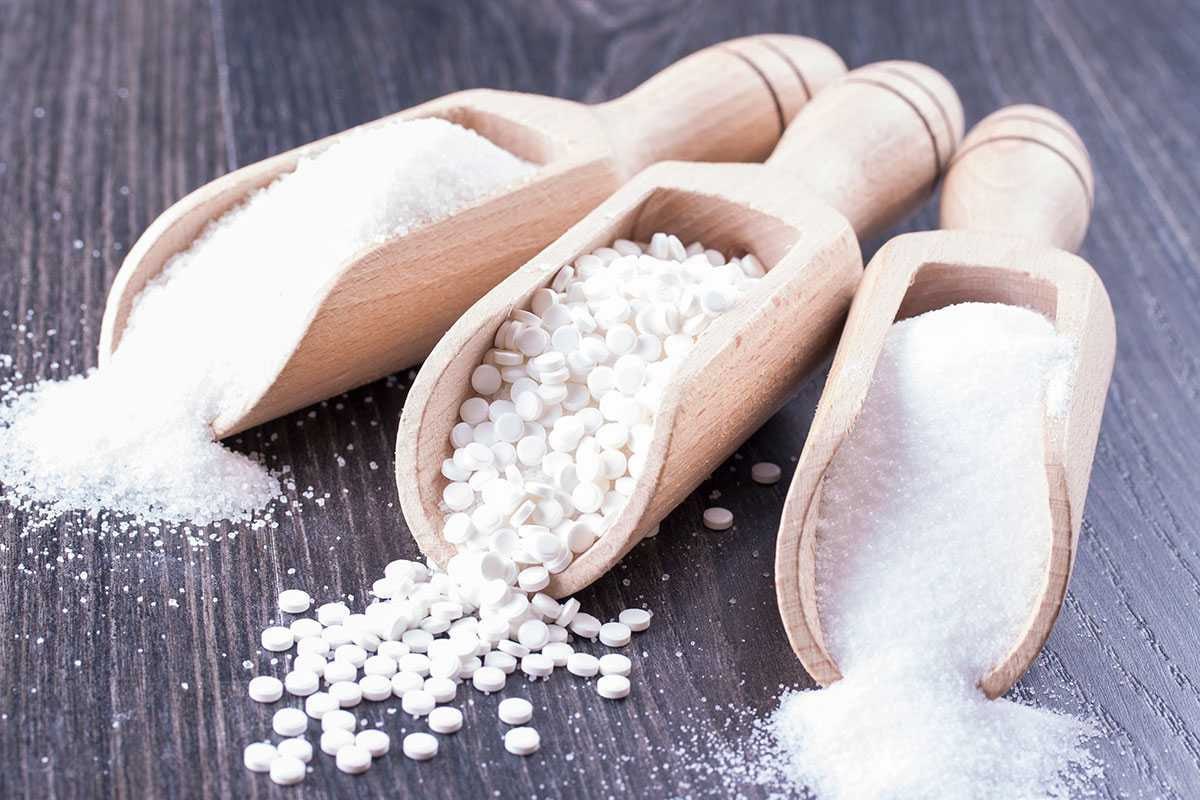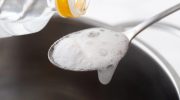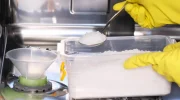From diet soft drinks to sugar-free ice cream, artificial sweeteners have been promoted as a guilt-free way of satisfying our sweet tooth. But if you look at the small print on the label, you will see that sugar has been replaced by different letters that are nothing more than the nomenclature of synthetic compounds such as espartame, acesulfame, saccharin or sucralose.
Well, if less than three years ago a study associated the consumption of artificial sweeteners with an increased risk of cancer, now new research published in the journal “Cell Metabolism” by the “Cell Press” group shows that aspartame, one of the most common sugar substitutes found in low-calorie soft drinks, jellies and jellies, can affect vascular health.
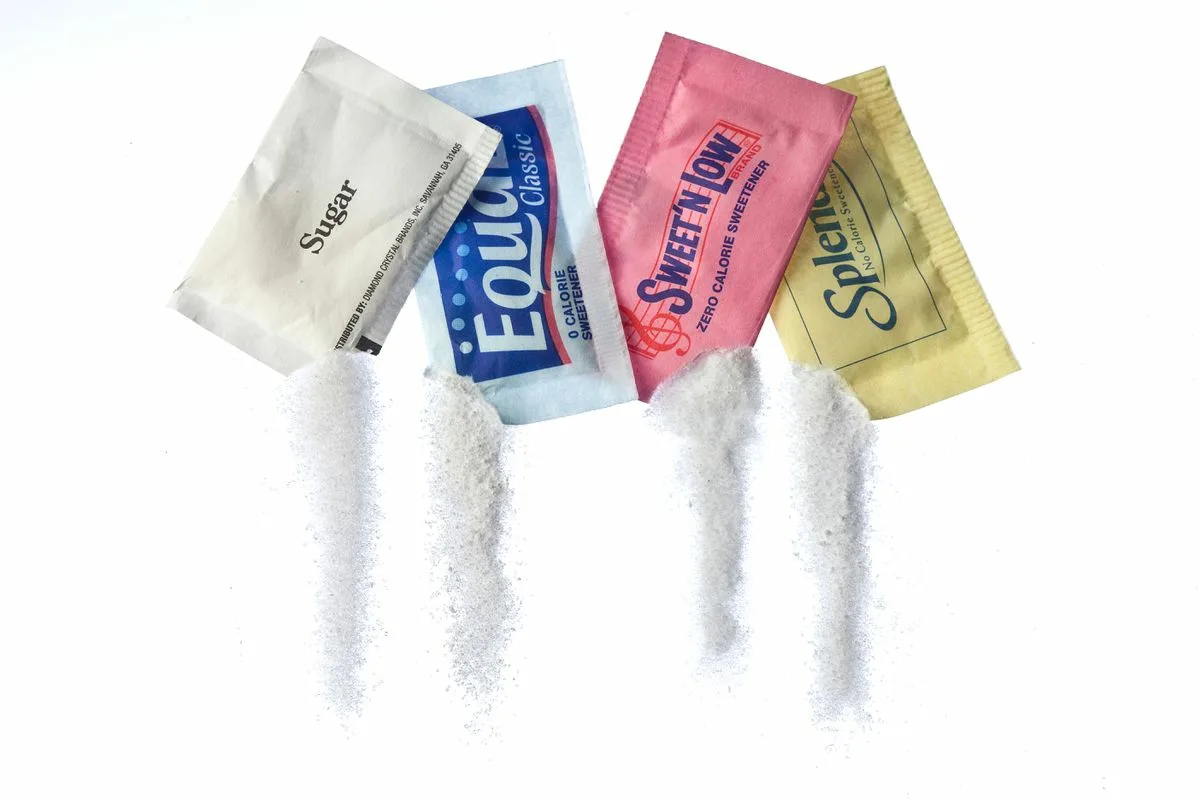
The team of cardiovascular health experts and clinicians found that aspartame, an artificial, low-calorie sweetener approximately 200 times sweeter than sugar, caused increased insulin levels in animals, which in turn contributes to atherosclerosis (the build-up of fatty plaque in the arteries, which can lead to higher levels of inflammation and an increased risk of heart attacks and strokes over time).
The research was inspired by a can of diet soda that was drunk during a project meeting. “One of my students was drinking this sugar-free drink and I said to him, ‘Why don’t you investigate that?’”, recalls the study’s lead author Yihai Cao, who studies chronic diseases related to blood vessel disorders at the Karolinska Institute in Sweden.
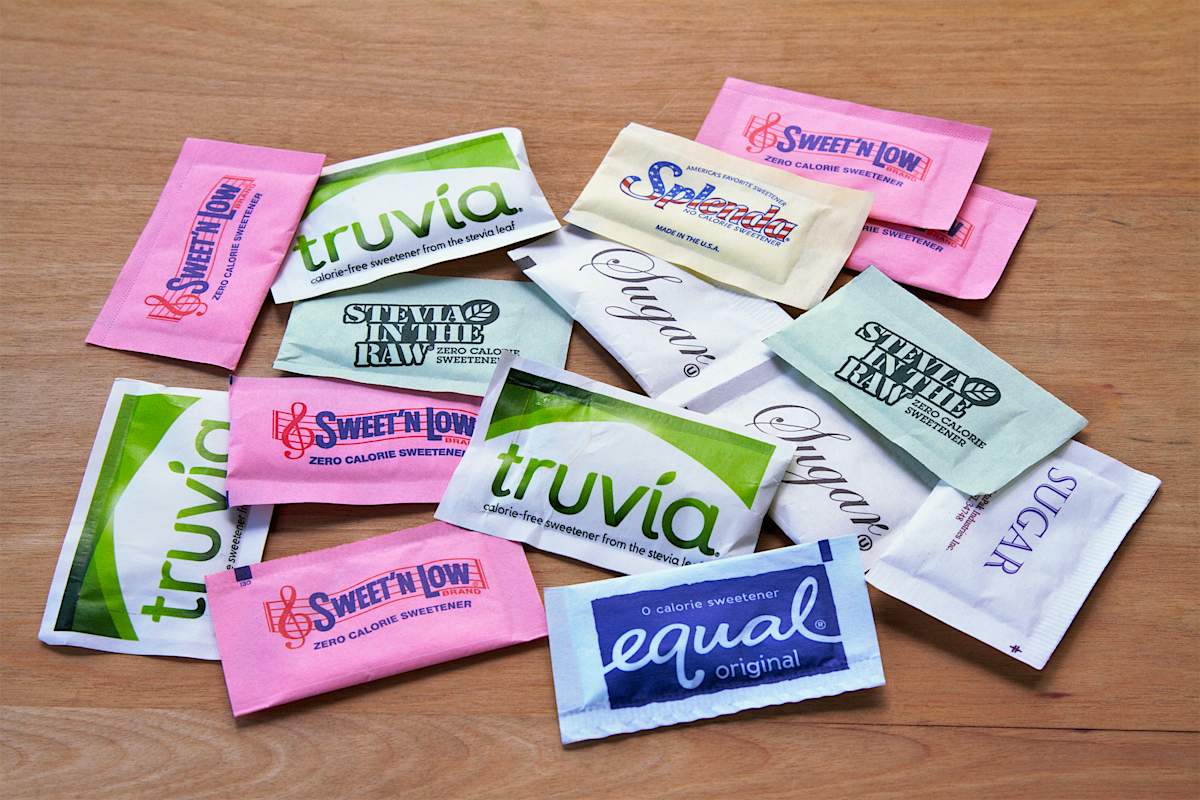
Previous research has linked the consumption of sugar substitutes with an increase in chronic diseases such as cardiovascular disease and diabetes. However, the mechanisms involved had not been previously explored.
For this study, the researchers fed mice daily doses of food containing 0.15% aspartame for 12 weeks, an amount that corresponds to the consumption of approximately three cans of diet soda per day for humans.

